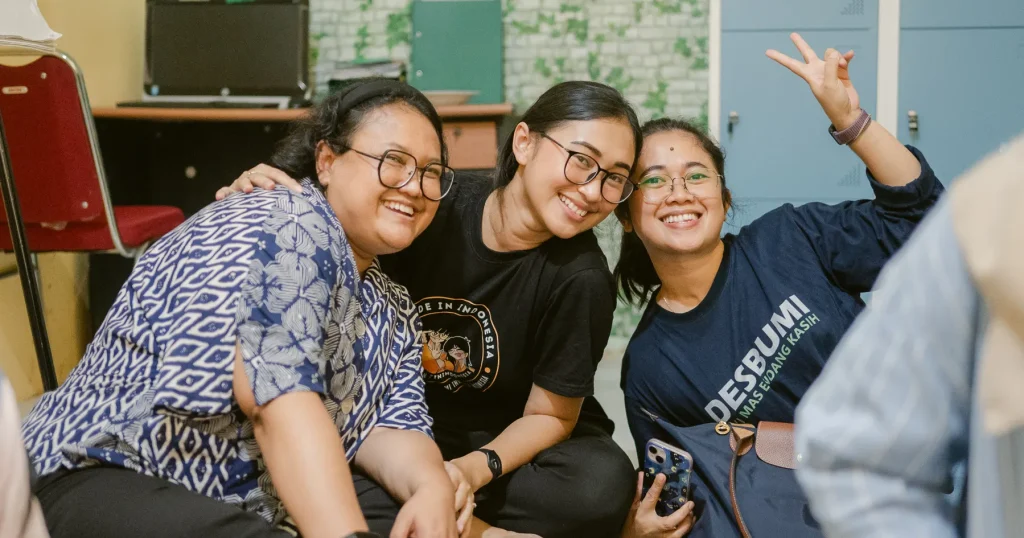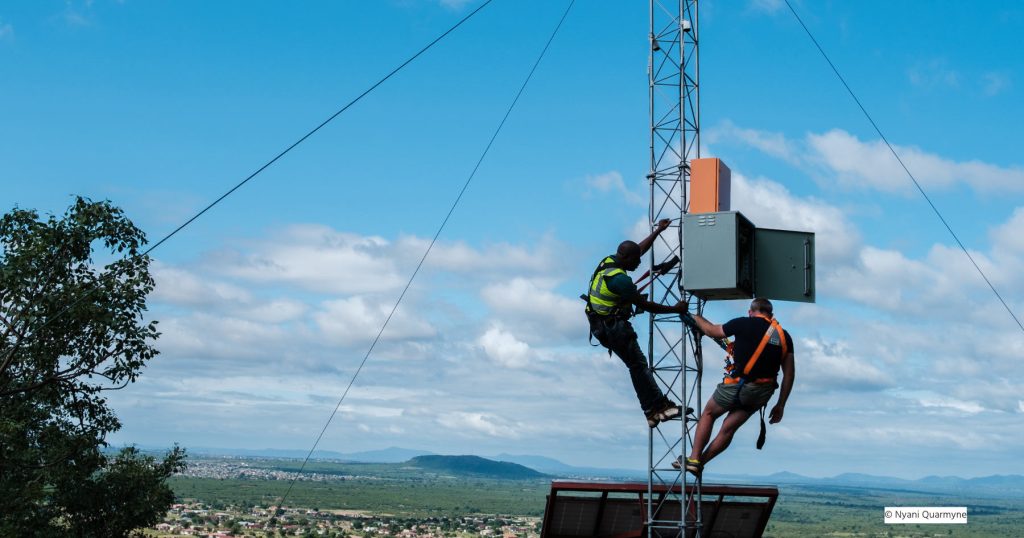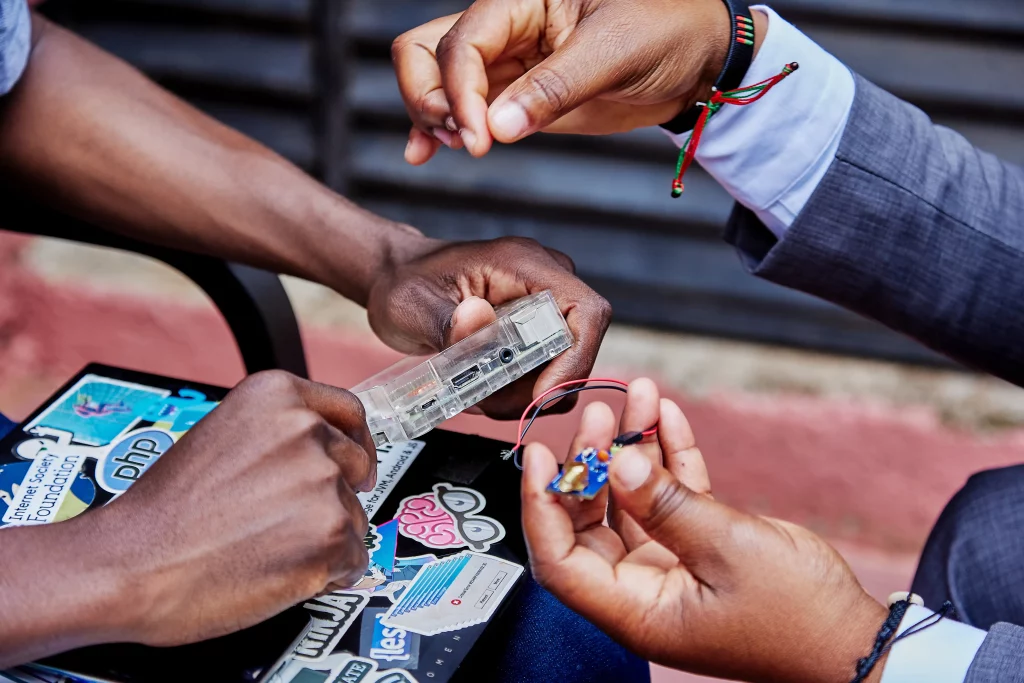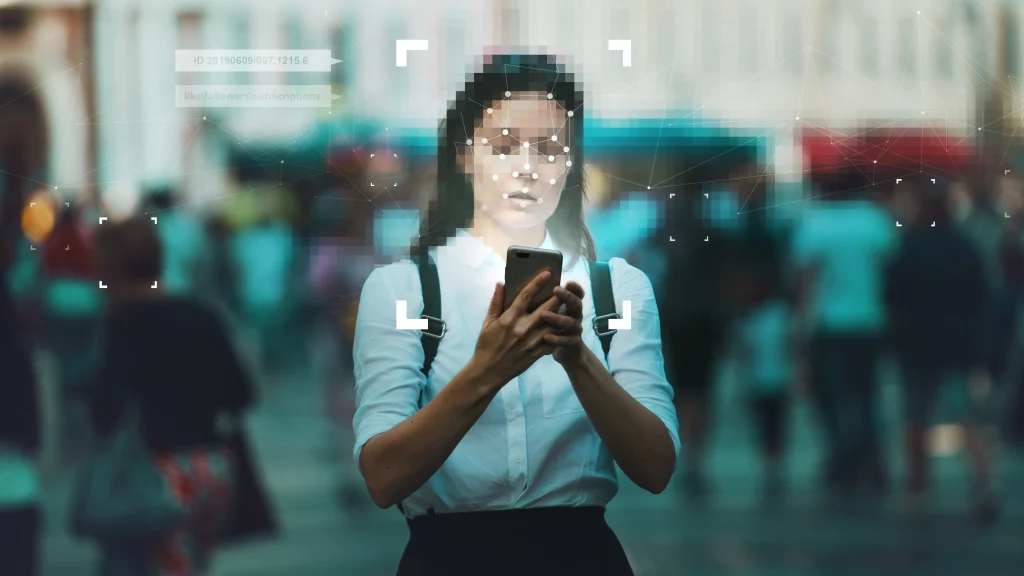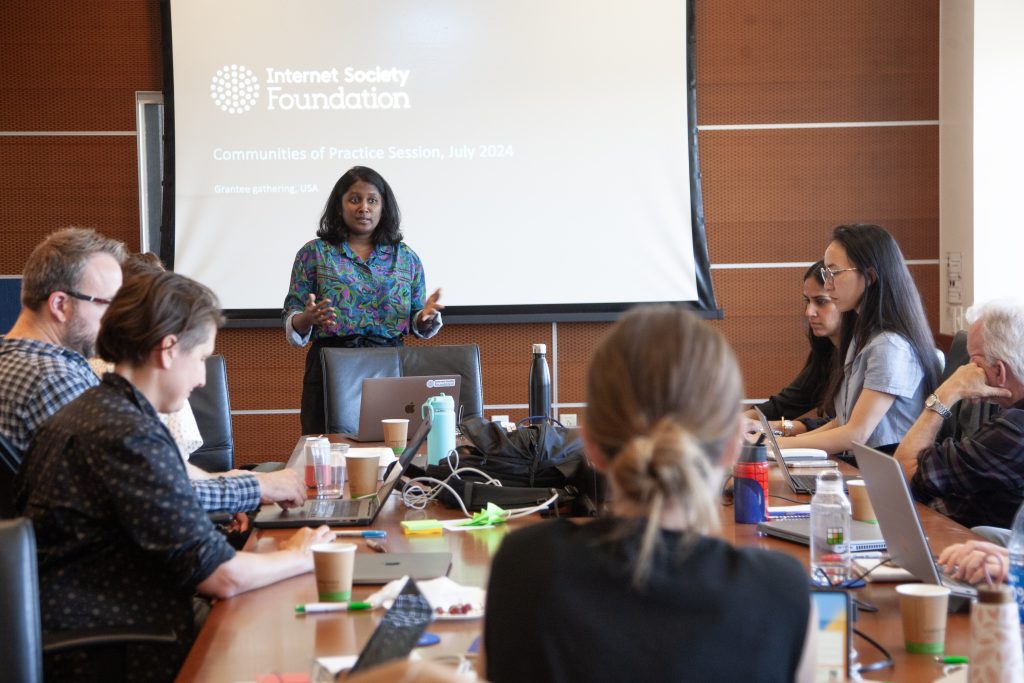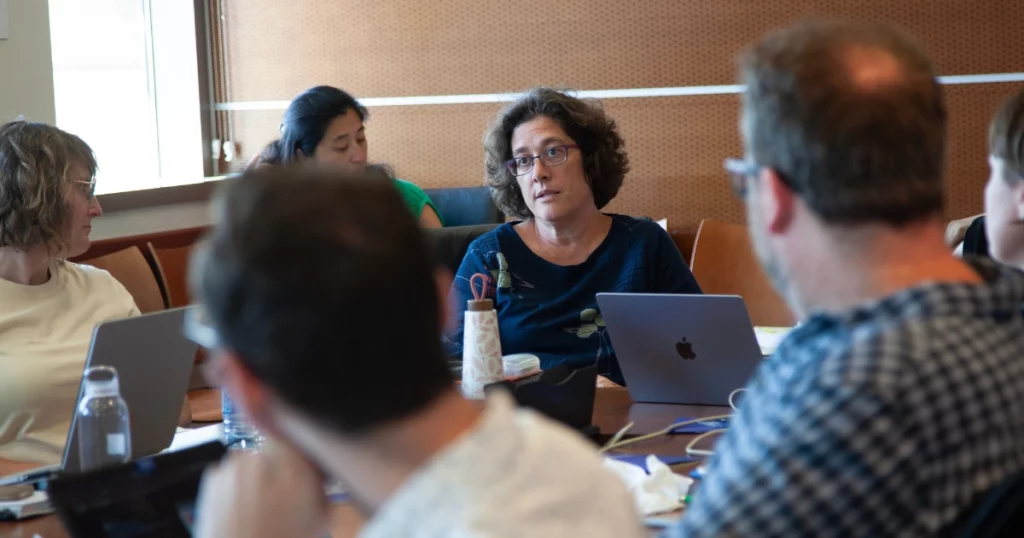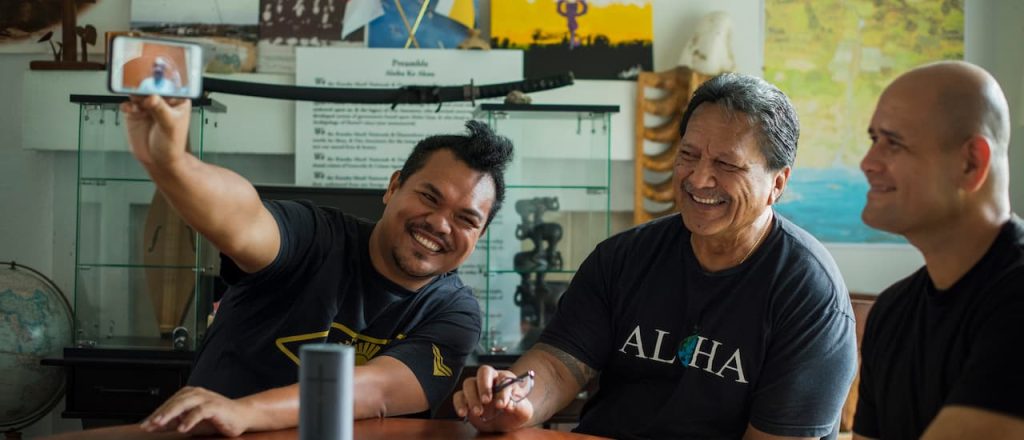In 2024, the Internet Society Foundation continued its commitment to ensuring that the Internet remains a force for good that benefits everyone. Our latest Philanthropy Impact Report showcases the incredible work of our 203 grantees across 111 countries, with $16.2 million in funding supporting projects that connect communities and advance digital inclusion. From funding community…
Read MoreWe are pleased to share the 16 grantees from the 2024 Sustainable Peering Infrastructure program. This program works with local communities to build Internet Exchange Points (IXPs) in markets where they are needed; enhance existing IXPs to realize their full potential; and supports organizations and communities that develop peering and interconnection. There are two types…
Read MoreOur Research Grant Program supports global initiatives that enhance our understanding of the Internet and its importance to everyone. We are thrilled to announce the 2024 cohort of grant partners who will conduct innovative studies addressing the Internet’s critical challenges while also contributing to its sustainability and inclusivity. This year’s 12 selected projects from six…
Read MoreApplications Now Open: Internet Society Foundation’s Internet Governance Forum (IGF) Funding Program
The Internet Society Foundation is pleased to announce that applications are now open for its Internet Governance Forum (IGF) funding program. This initiative is designed to support the organization of United Nations IGF Secretariat-recognized National and Regional Initiatives (NRIs) and Schools on Internet Governance (SIGs). This program empowers communities to shape a more equitable and…
Read MoreThe Internet Society Foundation is excited to announce that applications for its Sustainable Technical Communities (STC) funding program are now open. This program supports the organization of technical events designed to strengthen and sustain local and regional technical communities. These events are essential in building a more resilient and secure Internet through knowledge exchange, capacity…
Read MoreOur Research Grant Program supports global initiatives focused on enhancing our understanding of the Internet and its value to everyone. The “Future of the Internet” interview series showcases innovative ideas contributing to a more inclusive, sustainable, and equitable digital future. Through these conversations, we share stories from our research grant partners who are addressing some…
Read MorePrivacy concerns remain at the forefront of online interactions in today’s digital landscape. Applications and websites, in their quest to understand user behavior, often gather vast amounts of personal data. But what if there were a way to collect important metrics without compromising user privacy? Divvi Up is a project by the Internet Security Research…
Read MoreBy Sophie Rodriguez, MEL Specialist At the Internet Society Foundation, our Research Program has been fostering meaningful engagement with grantees from around the world through Learning Sessions. Launched in 2022, these sessions are guided by the core principles of social accountability, trust-building, and reflective learning practice. Our goal is to create an open, collaborative space…
Read MoreBy Gustavo Streger The gender digital divide refers to the significant gap or inequalities between men’s and women’s access to and use of Information and communication technologies (ICTs). This gap is driven by various factors, including economic inequalities, limited access to devices, insufficient Internet connectivity, cultural barriers, and a lack of digital skills, among others.…
Read MoreIndigenous populations, especially those in remote areas, have historically struggled with limited or no access to reliable and affordable Internet. This lack of connectivity not only hinders communication but exacerbates social and economic inequalities. Several key factors contribute to these challenges, according to an article published by the Internet Society and written by Sharayah Lane:…
Read More
